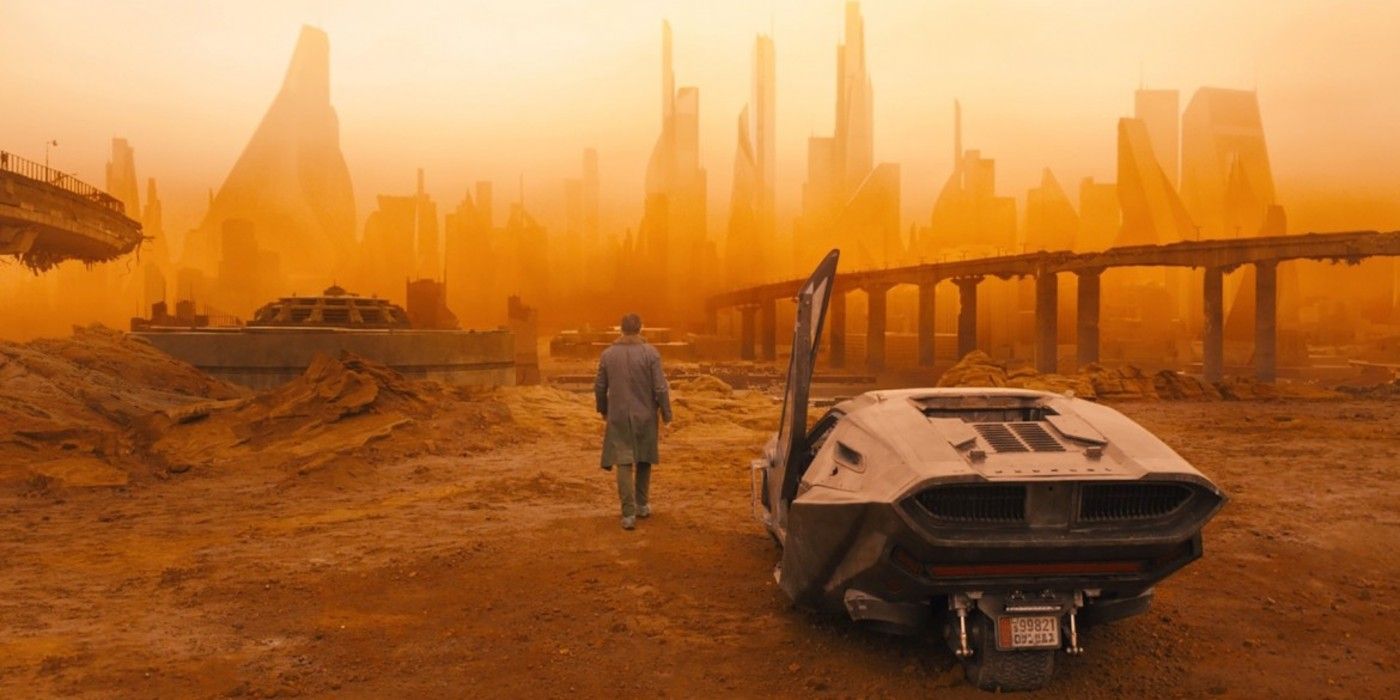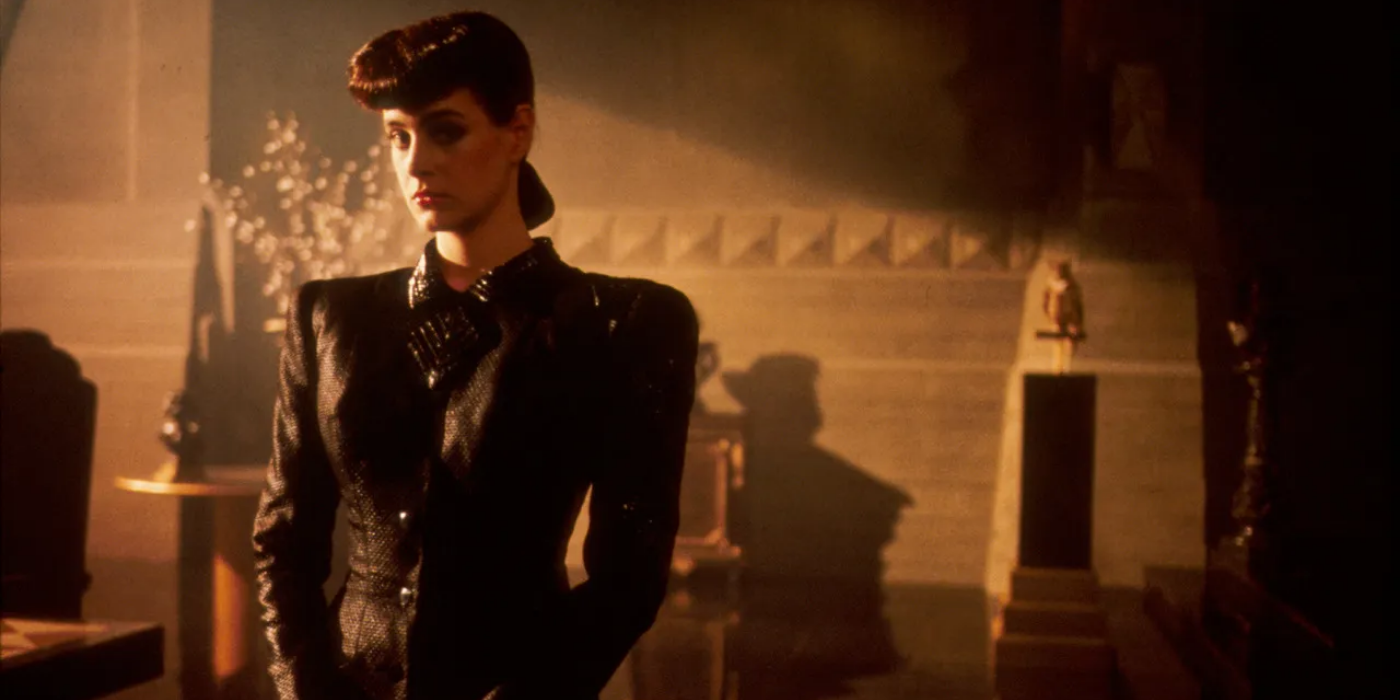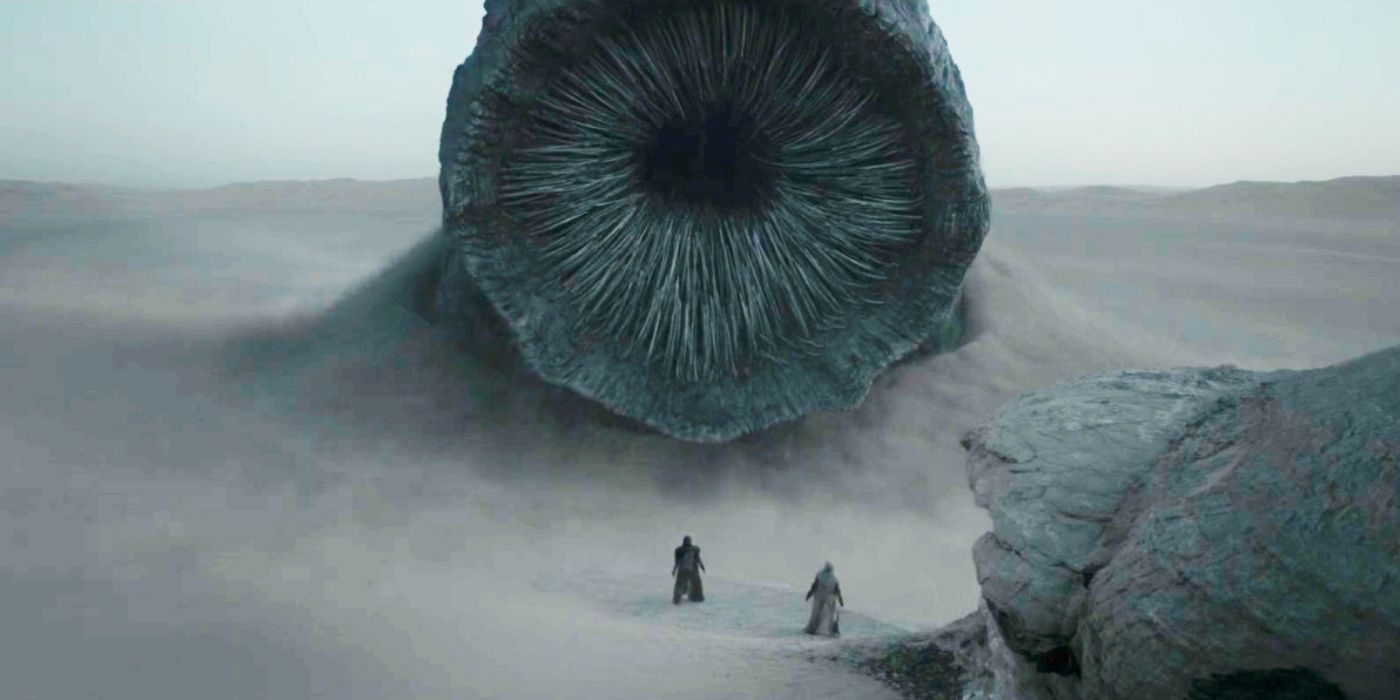Denis Villeneuve wasn't quite sure what his future held after Blade Runner 2049 had a disappointing showing at the box office. There were real world repercussions for the studios that lost money accompanied by the hindsight autopsy narratives that get woven around whether certain actors can carry a big budget franchise, or the fine line between genre and niche, became the dominant talking points about a film many consider a magnum opus. The sequel to 1982's Blade Runner, directed by Ridley Scott and revered as the definitive forefather to the cyberpunk aesthetic, fulfilled its thematic promise if not its financial one.
Dune: Part One was perhaps even more challenging to properly fine-tune since Frank Herbert's highly influential novel, despite a film in 1984 and a television series in 2000, has always been regarded as virtually unadaptable. After having made an early gamble to divide the book into two parts without any guarantee he would have the opportunity to execute his complete vision, Villeneuve dedicated his talents to proving the work could successfully translate to the screen with minimal loss of scope or immersive detail. His confidence paid off, and now he has been given the green light for an ambitious part two, so the Canadian filmmaker has two white whales adorning his wall, but which is more impressive?
Blade Runner 2049 Had Slightly More Critical Acclaim Than Dune
After aggregating the Metacritic and Rotten Tomatoes critical consensus for both films, Blade Runner 2049 touted a score of 84.5 among professional cinephiles and earned a "Must See" badge of distinction from Metacritic, creating a sliver of distance between Dune: Part One with a rating of 78.5, by a slim but significant margin. Most critics felt Dune was so visually sumptuous that even when the detractor traveler gets lost in the Byzantine architecture of plot and character one cannot help but linger on the brushstrokes of a master artist. Blade Runner 2049 benefited from a worthy antecedent so the comparisons as it relates to a sequel capturing the ephemera that made the original so darkly dazzling were part and parcel of how critics viewed the film, though again the beauty of the lens stood out to most.
Among audiences, the preference tilted toward Dune with a score of 85, a few ticks higher than Blade Runner's 82. Viewers were much more vocal about Blade Runner's musical score and how it was the perfect companion to Villeneuve's visual feast. In contrast, many audiences lamented the abrupt ending with little resolution, but did not punish the film for doing so, instead they seemed to buy in to the invitation to visit this world beneath the canopy designed by the creative team involved.
Dune Made Much More Money Than Blade Runner 2049
Unlike the positive reception both films enjoyed, which movie performed better at the box office isn't even remotely close, though both had comparable budgets of around $165 million dollars. Blade Runner 2049 has become something of a cautionary tale because of its inability to make a profit despite critical success, though not so much as to quash future development across various media platforms. After taking in $259.3 million globally, Blade Runner still lost money due to the dynamics of international market revenue.
In most cases the financial breakdown works out to studios keeping about 52% of the domestic gross, 42% of the international gross and only 25% of the gross in China. Additionally, studios usually keep 100% of domestic sales for the first four weeks of a film's release and then split the take with theaters from that point on. It has been estimated that Blade Runner would have had to make $400 million dollars in total just to break even. Dune did exactly that, raking in $400.2 million even with the film debuting on HBO Max simultaneously with its theatrical release.
Dune Captured the Spirit of the Source Material Better Than Blade Runner 2049
Blade Runner 2049 perfectly echoed the dim corrupt world of the first film, among a ruined Earth on life support while lottery tickets to extrasolar worlds unspoiled by nuclear fallout beckoned the fortunate and opportunistic alike. Every iota of Villeneuve's extrapolation breathes with the shared experience of Scott's but in no way settles for mere imitation. It expands upon every idea and challenges every preconception with no obligation, for better or for worse, to accelerate the tempo to a place that might feel unnatural given how important that pace is to underlying inherited and augmented tone. In fairness however, the Blade Runner franchise is beholden to Philip K. Dick's novel Do Androids Dream of Electric Sheep?, and its dogma of humanity being forced to address itself in the mirror against its more human creations.
In that regard both iterations are vast departures. The term Blade Runner isn't even used in Dick's work and the story delves much deeper into the nature of the human condition as it relates to creating and maintaining emotional connections in a variety of forms. The companionship derived from pet surrogacy almost borders on idolatry while spiritual elevation is paramount in the book and almost entirely ignored in either Blade Runner adaptation. Dune however finds a remarkable balance in resurrecting the bones of what Herbert crafted in the novel while attending to those who come fresh to the material.
Blade Runner 2049 Made Better Use of Its Time Than Dune
Both films take their time with introducing the premise, developing the characters and establishing the stakes and neither does it flawlessly. Many of the criticisms of each movie inevitably come back to the delineation between patient and plodding. With nearly identical runtimes, Dune is 156 minutes and Blade Runner is 163 minutes, they both can feel overly indulgent with no real tread on the tires propelling one scene to the next with any urgency. The nature of the films are so different that it is hard to make a fair comparison, but it is precisely because this factor, more so than any other, appeared as a negative aspect for both movies that it must be included for scrutiny. In that regard Blade Runner 2049 is more efficient on two fronts.
The first is that it tells a complete story. While there are questions that the curious might want answered, there are none that are tantamount to understanding the story after the investment of time undertaken and there is even little need to have seen the first film. Secondly, because it is a detective story, by nature it steps from one stone in the river to the next, creating a chain of events that are easier to follow and reckon with that is also based on a world that is relatable, despite its saturated shadows. Arrakis is in every way alien, dealing with humanity tens of thousands of years in its future, and therefore requires more time to harmonize with that paradigm before tackling the weighty structures holding up the plot and interwoven ensemble.
Which Is Better? Dune Or Blade Runner 2049
Denis Villeneuve has solidified himself as one of the most influential directors of his generation, among Quentin Tarantino, Christopher Nolan and Guillermo del Toro, without ever making another film for the rest of his life. Having these two pieces of art on one's resume seems almost gaudy, especially within just a few years of one another, but if one has to stand above the other, it is Dune. Adapting this property successfully was like a mathematical theorem that can never be effectively proven or disproved because the mind or the method to unlock it in its totality remained unknowable. It can only be expressed as a possibility left for future generations or technology to verify. Apparently the cipher to cracking the code of Arrakis was a brilliant Canadian filmmaker whose work is still yet done.






